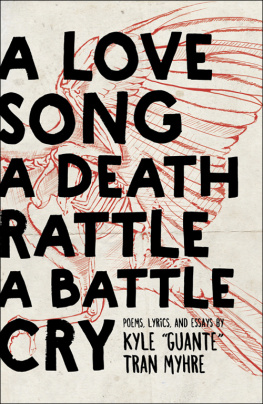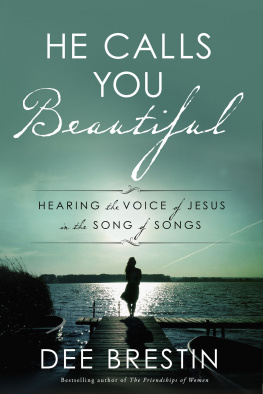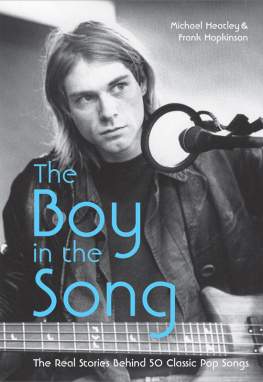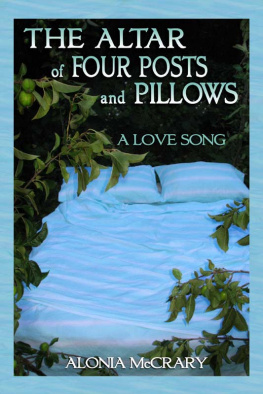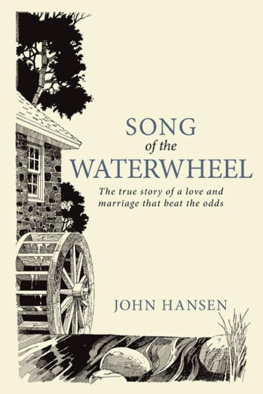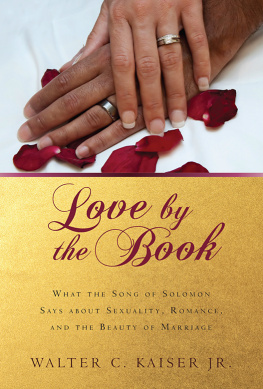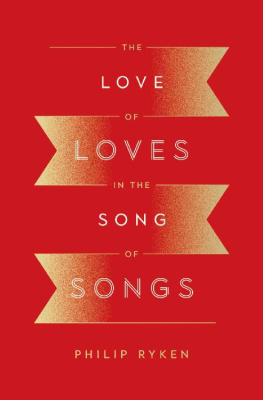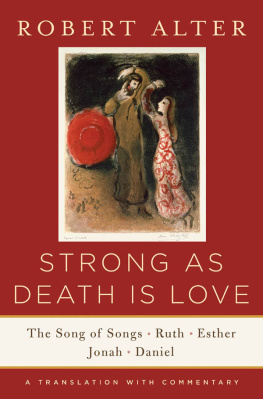A Love Song, A Death Rattle, A Battle Cry
Kyle Guante Tran Myhre
A LOVE SONG,
A DEATH RATTLE,
A BATTLE CRY
Kyle Guante Tran Myhre
With a foreword by Saymoukda Refugenius Vongsay
2016 Kyle Guante Tran Myhre
2nd Edition, 2017

Published by Button Poetry / Exploding Pinecone Press
Minneapolis, MN 55403 | http://www.buttonpoetry.com
All rights reserved.
Manufactured in the United States of America
Cover Design: Nikki Clark
ISBN 978-1-943-73533-4
Ebook ISBN 978-1-943-73537-2
LINKS:
www.guante.info
www.twitter.com/elguante
www.facebook.com/guantesolo
www.instagram.com/guantesolo
www.guante.tumblr.com
www.youtube.com/tripguante
LISTEN:
Guante: A Furious Vexation (2017)
Guante & Katrah-Quey: Post-Post-Race (2016)
Guante: A Love Song, A Death Rattle, A Battle Cry (2015) Sifu Hotman:
Embrace the Sun (2014)
Guante: Dungeons (2014)
Guante & Big Cats: You Better Weaponize (2012)
Guante & Claire de Lune: A Loud Heart (2011)
Guante & Big Cats: Dont Be Nice (2010)
Guante & Big Cats: An Unwelcome Guest (2010)
UTM made me do this.
Yoshi helped.
FOREWORD
I dont normally do this: penning forewords for books.
Heres what I know: that sometimes we have to be forward in order to keep it moving forward. Whether we are one voice, a handful, or a millionif we do not speak with conviction, honesty, and oftentimes through vulnerability, we might not progress.
A Love Song, A Death Rattle, A Battle Cry contains a body of work that does not confine to one identifier, not because the boxes to mark off on the list werent clear, but because the words, more importantlyin whatever literary form they tookare interrogative. For instance, they ask you to rethink your perceptions on what it means to live in a sex-coded society or recheck your relationship to the white/brown/black/yellow faces in your immediate life.
In Cherry Spoon Bridge to Nowhere , Im asked, Where are you? Im an optimist so I will tell you that I am where there are radio programs with voices that match my mothers, where on any given weekend a poet who resembles my best friend is headlining, where there is a mosque in Little Mekong, and where there are police officers and elected officials who were raised in the same housing projects as me. These are days I forget the dirt underneath the endless white of winter. But we are here. We are backpackers, grocery cart wranglers, teaching artists, and zombie apocalypse survivors. We are here and we are not dirt. We are not insignificant. We can all be change-makers and progress-instigators.
If you think its hard, thats because youre not really trying. AMIRIGHT? In A Series of Essays on Media , we meet the Political Correctness Police and eight of the most common invalid arguments regarding pop culture and offensiveness that have been asked. As hard as it can be sometimes, we have to answer, unwavering, no quivers in our voices. It may be difficult at first but keep trying and doing.
This is not an official manual on how to dismantle sexism, rape culture, white privilege, police brutality, and coming-off-as-racist large institutions for the performing arts. Its a resource. Its one persons voice that will hopefully incite you to decapitate (not literally, of course; were not monsters) all of the sea witches before they convince you to give up your voices.
We might not know what the sum of our voices and our actions will be, but we will be fucked if we ever stop being forward, moving forward.
A Love Song, A Death Rattle, A Battle Cry is a time capsule that will be relevant decades from now. This shit is urgent and Guante is the catalyst we all deserve. #NotSorryThatImNotSorry
Saymoukda Refugenius Vongsay
Editors note: find more of Saymoukdas work here:
www.saymoukdatherefugenius.com
If I had a dime for every happy poem I wrote Id be dead
ED BOK LEE, Poetry Is a Sickness
Intro:
TEN THINGS EVERYONE SHOULD KNOW ABOUT SPOKEN WORD AND SLAM POETRY
A very common piece of advice in spoken word workshops or critique circles is just do the poem. So many of us, especially when were just starting out, instinctually want to frame, contextualize, or introduce the poem. This manifests as any number of statements like this is just something I wrote when or this isnt really done; Im not sure if it has a title yet, but or even this is terrible but Im going to share it anyway, etc.
That adviceto dive in, with no disclaimers or introductionsis partly about acknowledging the dramatic effect of a poem that starts from silence, from breath. It is also partly about calming the performer down, allowing their work to simply exist, as it is, with no apologies. Especially in poetry slam spacesyou only have three minutes, so there isnt really time for artist statements.
That being said, I love contextualizing poems. The more that Ive moved away from slams and toward performing hour-long sets, the more Ive grown to appreciate the power that can come from framing notes, artist statements, and organic dialogue with the audience. We all listen and learn in different ways, and these fourth wall-breaking moments can sometimes be as meaningful as the poems themselves.
In that spirit, I wanted to include an introduction to this book that both contextualizes my poems and offers an introduction to the formand cultureof spoken word for anyone who may not already be part of that community.
Of course, this list is not about capturing all of spoken word and slam poetry culture in one piece of writing; part of the beauty of our community is that we dont all agree on everything, and the work that we do is fluid, dynamic, and impacted by context, identities, and intertwining thought-currents.
What follows is more so an illumination of a few pet peeves and misconceptions that I run across all the time. Though Im no voice-of-God authority on this subject, I am a practitioner; my hope is that this piece can add additional clarity, depth, and nuance to the ongoing conversation.
1. Words Mean Things: A Point About Terminology
This is a can of worms, so Im not going to to attempt to provide the ultimate, catch-all definition of spoken word here. I will, however, share the framework that I use when it comes to terms:
- Spoken Word is an umbrella term. It refers to poetry that is read aloud; it may contain elements of theater, stand-up comedy, storytelling, rhetoric, jazz, hip hop, or other forms. We could go deeper with this, in terms of the difference between recitation and performance, or the difference between creating work that is meant to be performed vs. work that is about the page first and then happens to be performed (and how each approach impacts the writing itself), but I think this is a good starting point. You could also potentially use the term performance poetry.
- Slam Poetry is often used interchangeably with spoken word, but I would argue that it means something more specific: slam poetry is spoken word performed at a poetry slam (more on that later). While there may be certain tropes or approaches that are more common in slam poetry than in other kinds of spoken word, the real difference is not about formits about context.
- Beat Poetry refers to the poetry of the Beat Generation, whose work is now 50+ years old. Please do not call a 20- year-old spoken word artist a beat poet unless thats some kind of explicit shtick theyre running with. The stereotypical imagery of berets and bongo drums is simply not what spoken word is today.

